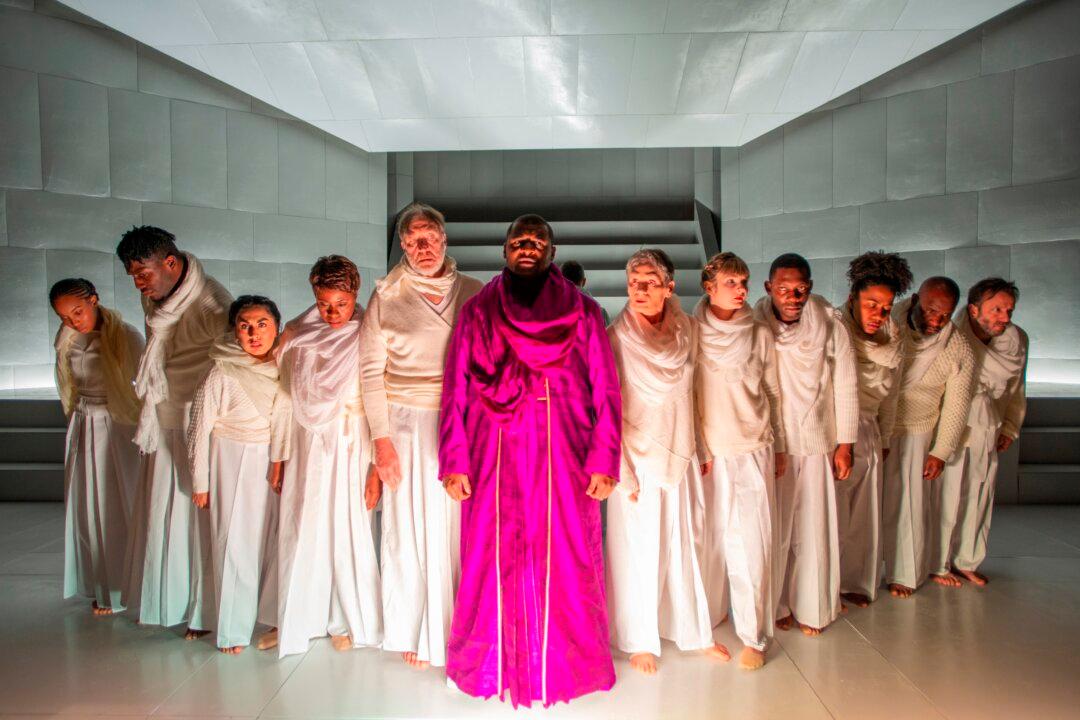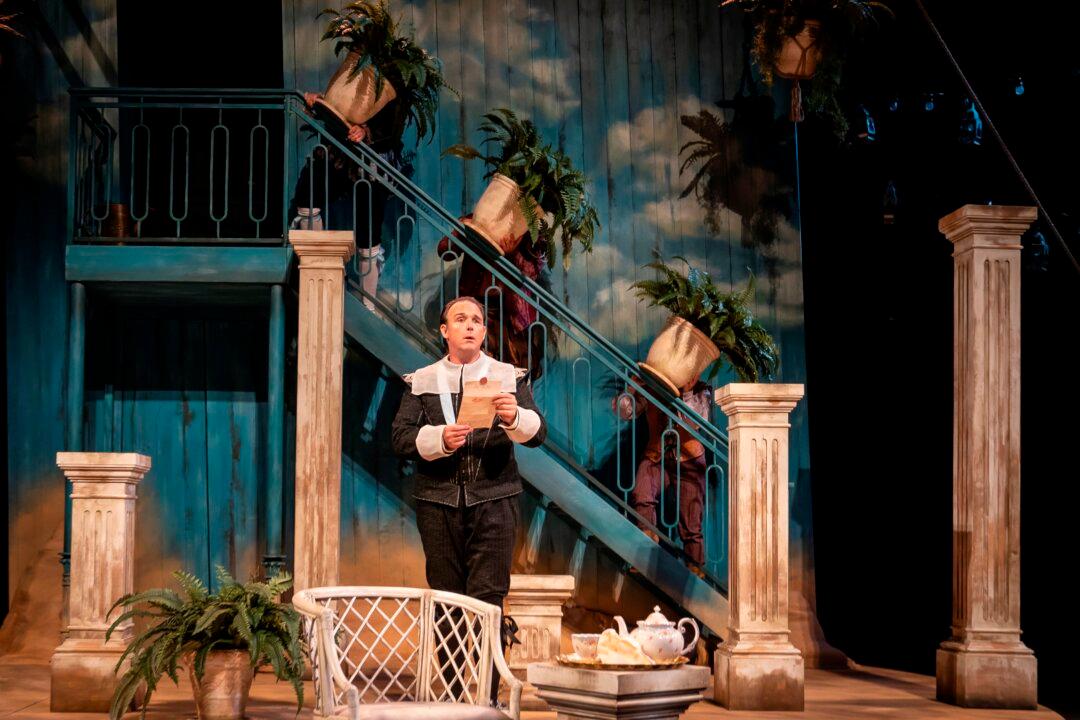Donald Erb, an avant-garde composer of the 1960s and ’70s who helped promote the acceptance of electronic music, died Aug. 12 at his home in Cleveland Heights, Ohio. He was 81.
Mr. Erb was one of the most-performed American-born composers in recent years. His “Reconnaissance,” one of the first chamber works for live synthesizer and acoustic instruments, premiered in New York in 1967 with Robert Moog, a pioneer of the synthesizer, playing that instrument.
Major orchestras commissioned and played his work. One of his compositions, “The Seventh Trumpet,” has had more than 200 performances by more than 50 orchestras in the United States and overseas. Leonard Slatkin commissioned the piece which premiered in 1987 with the Chicago Symphony Orchestra. It incorporated non-musical objects into the score: water-filled jugs and wine glasses, as well as harmonicas and synthesizer.
In addition to using non-musical objects, Mr. Erb might have performers use musical instruments in nontraditional ways. They might strike piano strings with mallets or use trumpet mouthpieces without the instruments.
A distinguished professor emeritus of composition at the Cleveland Institute of Music, Mr. Erb also conducted and lectured at more than 150 colleges and universities across the country.
His student, Margaret Brouwer, wrote that he was “not just as a creative and forceful composer, but also as a man of deep emotions and compassion.”
She explained personal experiences that shaped his art. He served in the Navy on the USS Baltimore at the end of World War II and saw Hiroshima soon after the atomic bomb had destroyed it.
“In later years, this experience seemed to occupy his mind, and he frequently talked very emotionally about it,” she said. “I believe that this experience strongly influenced the music he wrote throughout his life. He was consumed by his anger at a world where this terrible event could happen, his helplessness to make things better for the innocent, burned, and blinded children and mothers—but also his anger at their country for the attacks, some of which he had personally experienced on his ship. This complex mixture of anger, guilt, compassion, and love of people are the emotional elements in his music.”
She also shared that his uncanny knack of feeling music physically is what made him so apt at teaching composition. “I remember many times in lessons as he went through the score of what I was writing. He would become more and more physically involved, growing tense as the tension grew in the music. He would begin to move with it, leaning forward, willing it to grow. When he did not have this reaction and simply said, “Hmm, not bad,” I went home and rewrote!”
According to Brouwer, Mr. Erb, may have been a proponent of the avant-garde in his art, but not in his personal life. “As much as he was the antithesis of a conservative person, Don was an adamant supporter of family values, and a religious person—however unconventional. He was a strong advocate of marriage and fidelity, which he unabashedly promoted to all of his students. He was married to Lucille for 58 years and is survived by her as well as four children and nine grandchildren.”
Mr. Erb’s “music is controversial, uncompromising, powerful, emotional, and very personal. Don was a maverick composer. He ignored the conventions of the day in the world of composition. He followed his intuition and his heart. He was a giant as a person, and wrote ‘giant’ music—bigger than life, emotional, outrageous, beautiful, and heartrendingly expressive, sometimes in a strong, in-your-face way. …. Don Erb devoted his life to music, to [his wife], to people, and to his students.”



